Kvemo Kartli region
Internal division Rustavi, Bolnisi municipality, Gardabani municipality, Dmanisi municipality, Tetri Tskaro municipality, Marneuli municipality and Tsalka municipality
- National composition Georgians 51.3%
- 41.8% of Azerbaijanis
- Armenians 5.1%
- Russians 0.6%
- Greeks 0.5%
- Ossetians 0.2%
- Religious composition Christians, Muslims
Includes the territories of Kvemo Kartli and Trialeti of historical-geographical provinces. The Kvemo Kartli region includes the following administrative-territorial units defined by the legislation of Georgia:
Most of Kvemo Kartli is located south of Tbilisi. Its borders mainly coincide with the borders of the historical province, but also include the part of outer Kakheti (Kukheti and Gardabani). The northern and western borders follow the Trialeti and Samsar ridges. It is bordered on the south by the Republics of Azerbaijan and Armenia.
Kvemo Kartli is one of the most important economic parts of Georgia. It ranks second after Tbilisi in terms of industrial production.
The area of the region is 6528 sq. Km, which is 10% of the total area of Georgia. Kvemo Kartli ranks 4th in terms of population and 3rd in terms of population. Population - 424 thousand, population density per 1 sq. Km - 65 people. The administrative center of the region is the city of Rustavi. There are 353 settlements in the region, including:
- City - 7: Rustavi, Bolnisi, Gardabani, Dmanisi, Tetritskaro, Marneuli, Tsalka;
- Small town - 6: Kazreti, Manglisi, Tamarisi, Shaumiani, Bediani, Trialeti;
- Village - 338.
Agriculture
- Kartli, as well as other regions, aboriginal varieties have a special character. Among the common varieties in Kartli are Chinese, Goruli Mtsvane, Budeshuri Tetri, Tavkveri, Shavkapito and Saperavi. Rare varieties are also found: Chklapa, Andreuli, Aragvispiruli, Grdzelmtevana, Melikuda, Chrogha, Kharistvala, Dzelshavi. In addition to local varieties, foreign varieties are also common in Kartli: Aligote, Pinot Noir and White, Chardonnay and others. Traditional and European winemaking is widespread in Kartli, as well as in Kakheti. One of the wines of origin - "Atenuri" is produced in Kartli. Assyrian Shala - Color: Ruby / Violet, Alcohol: 13%

 ka
ka
 en
en
 ru
ru




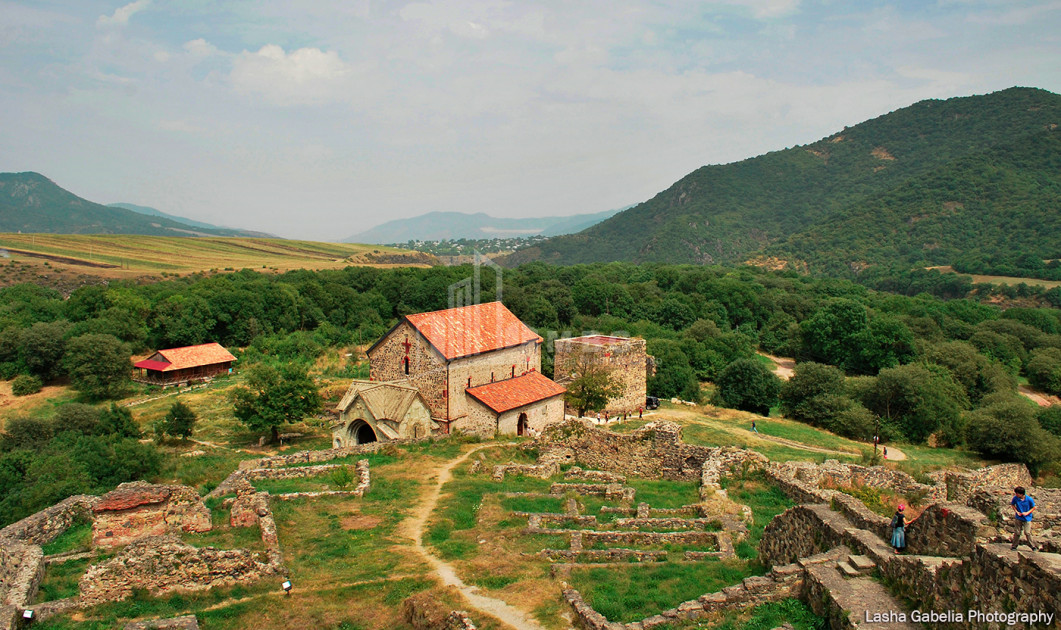
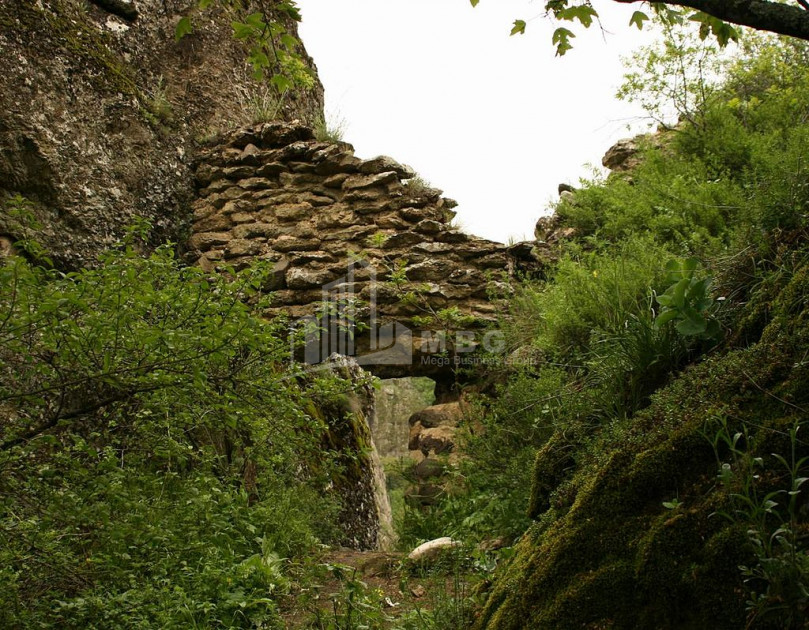
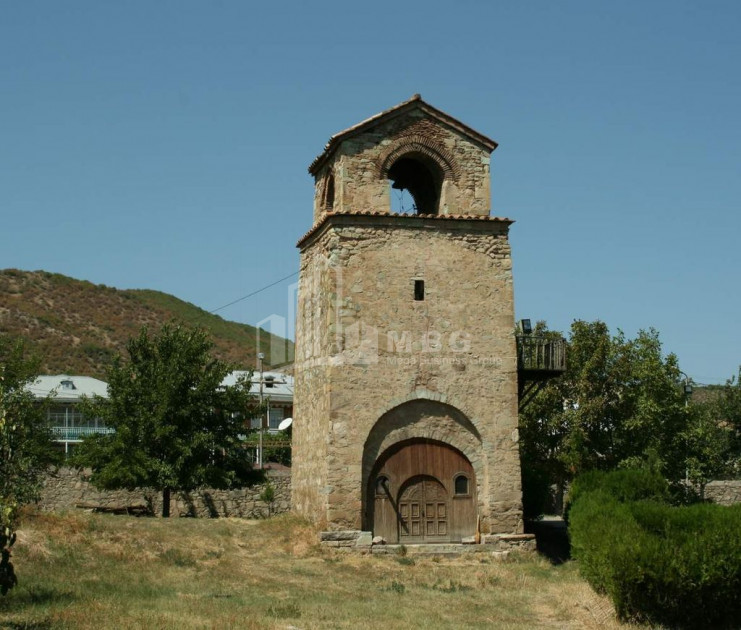
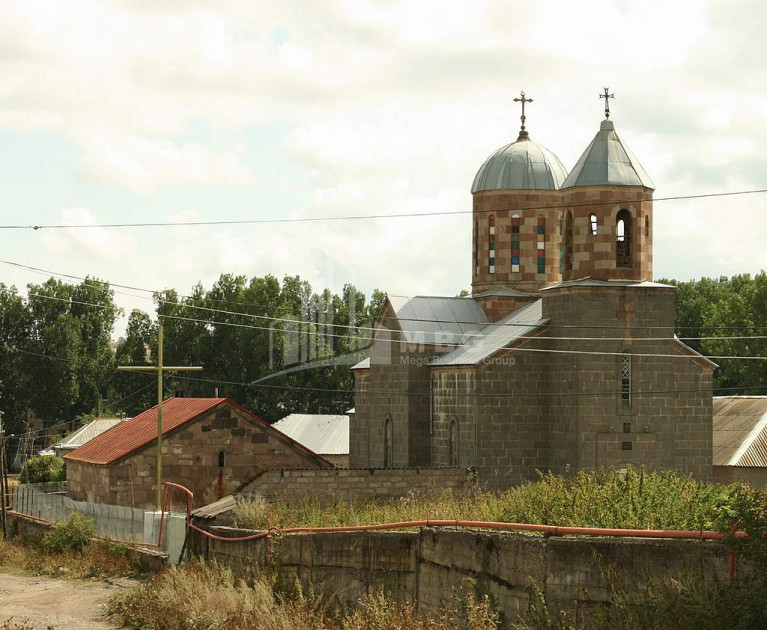
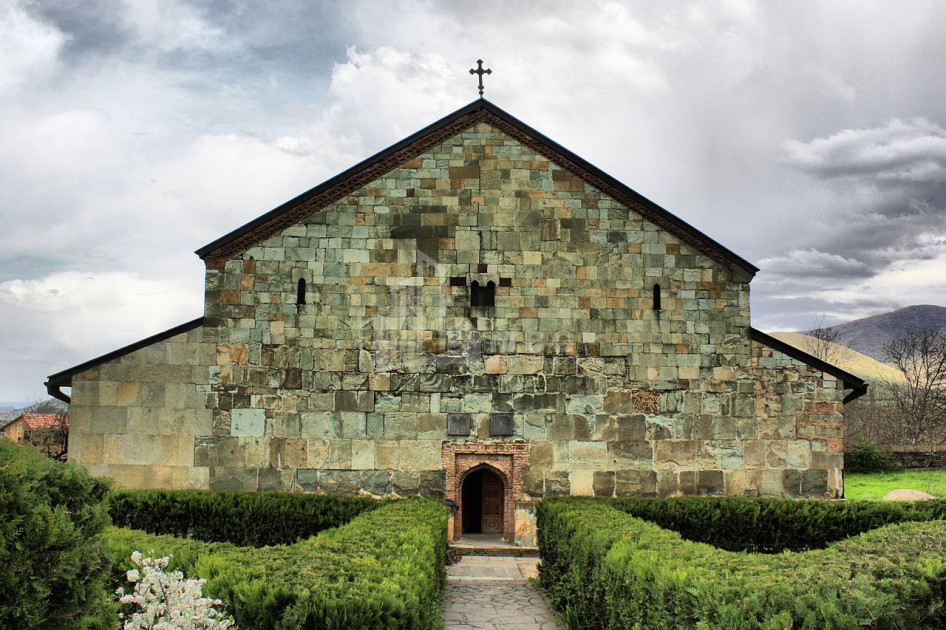
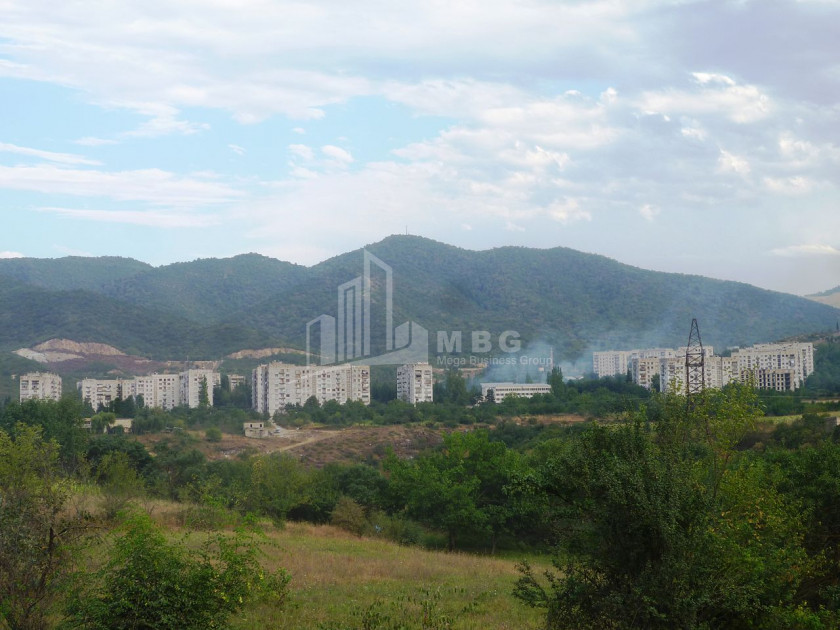
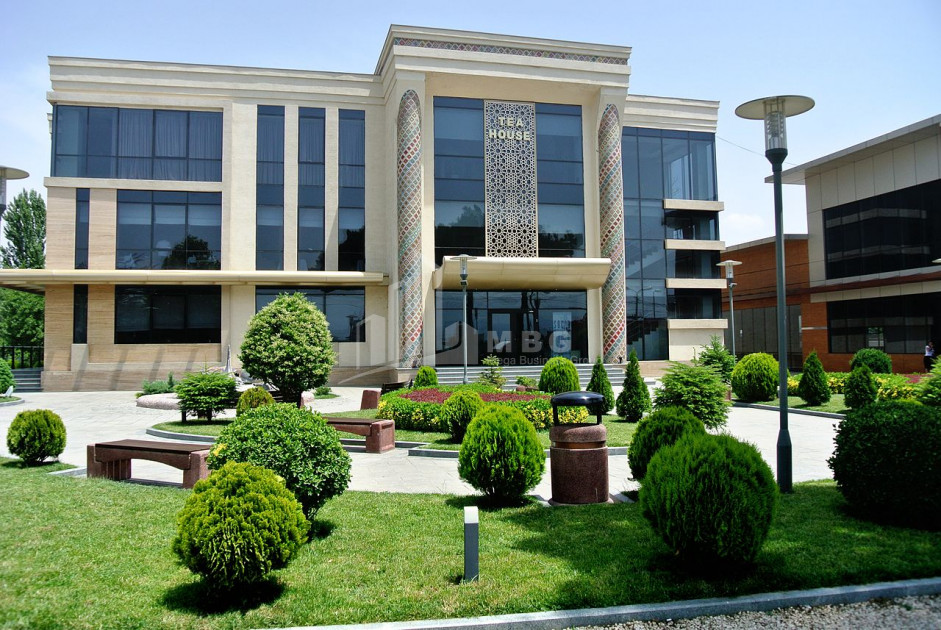
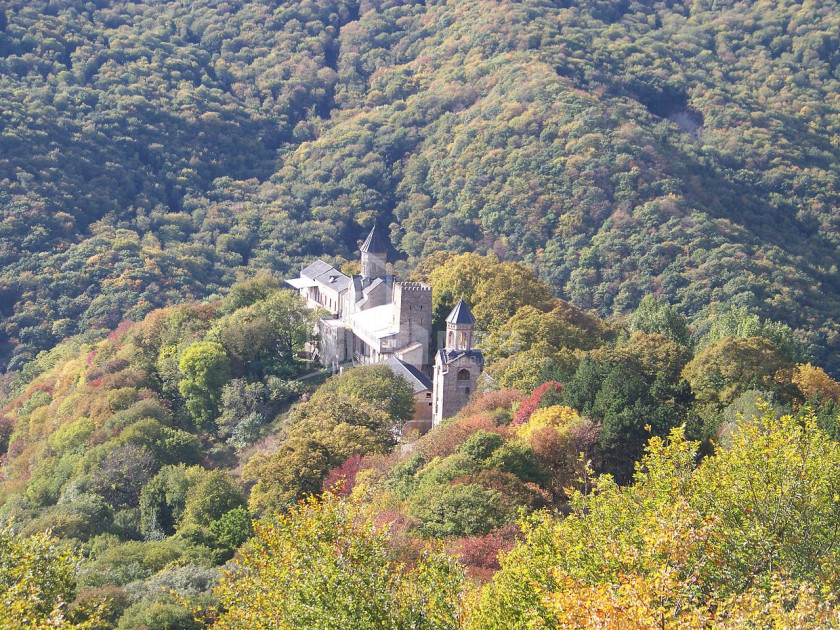
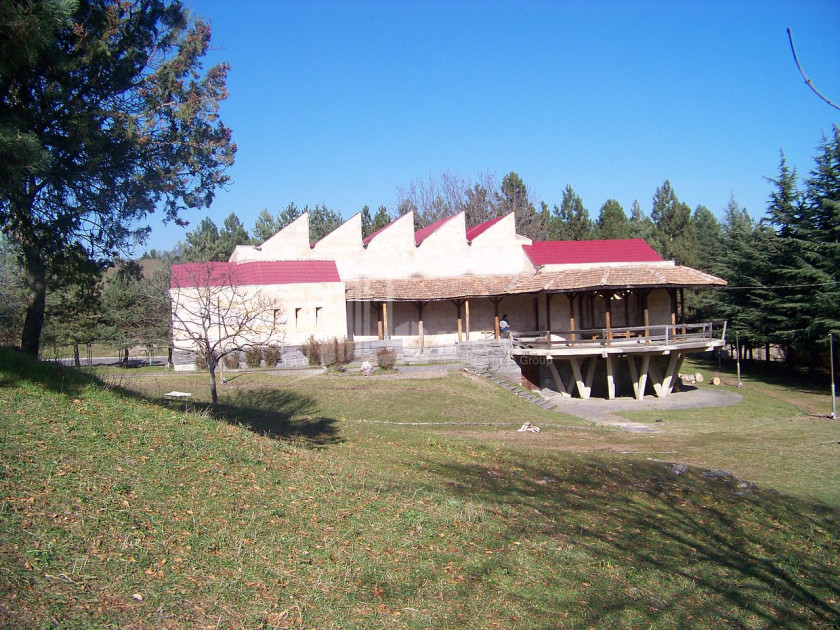
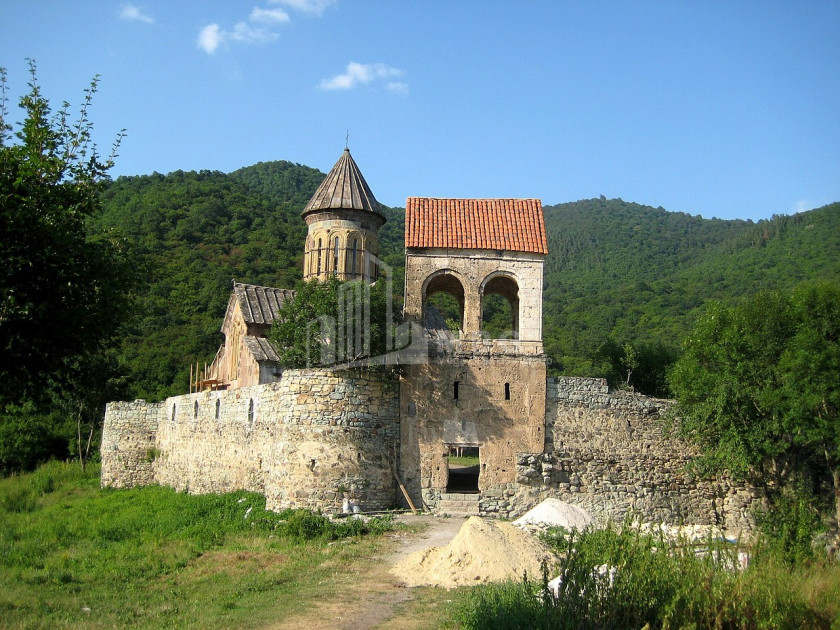
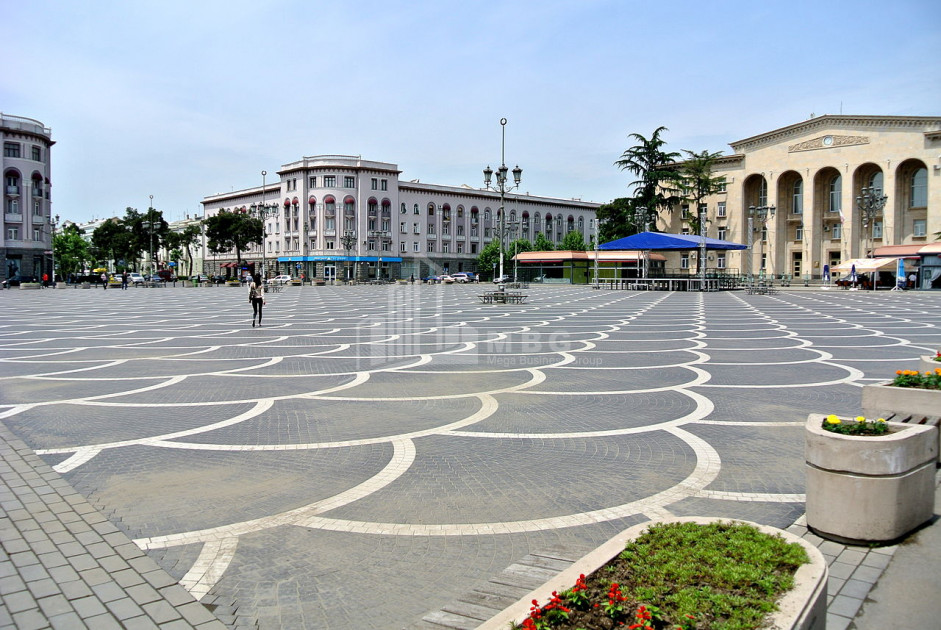
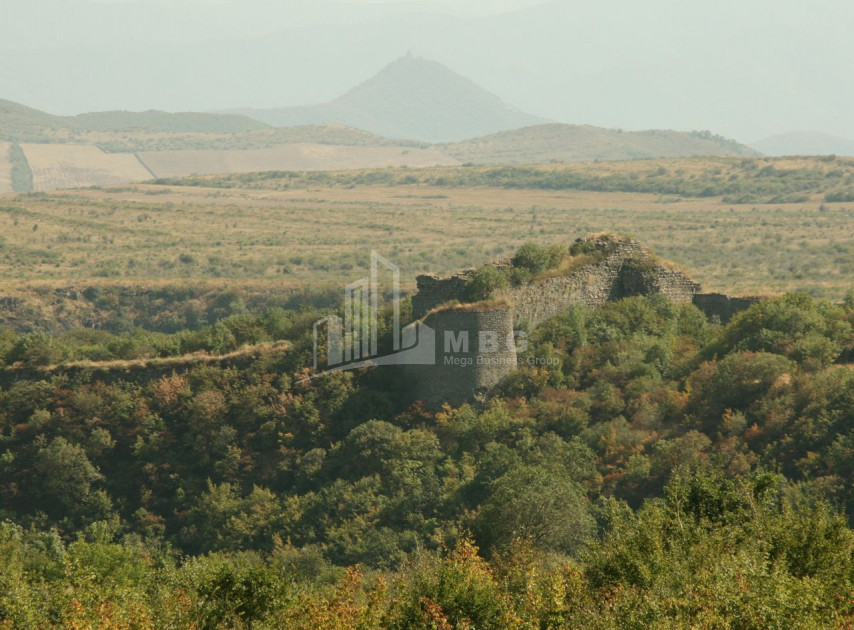
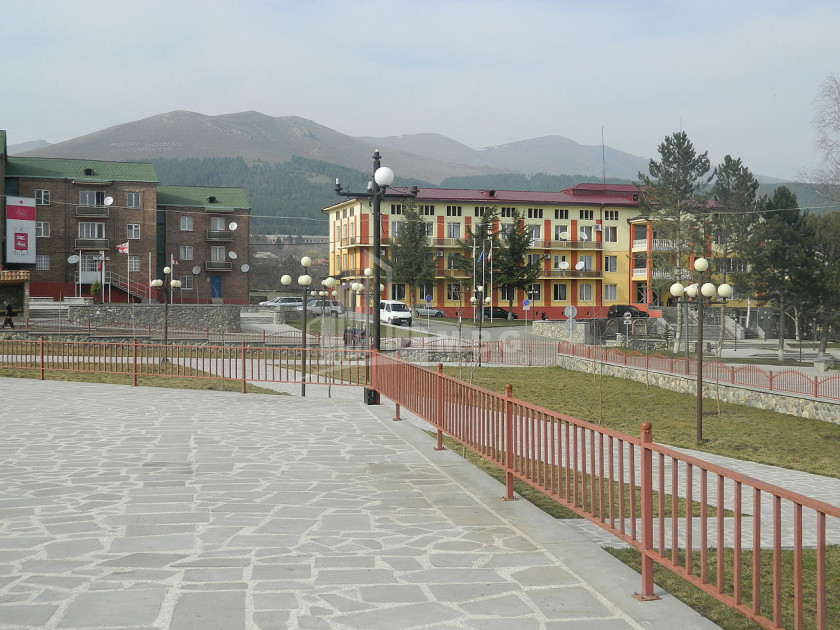
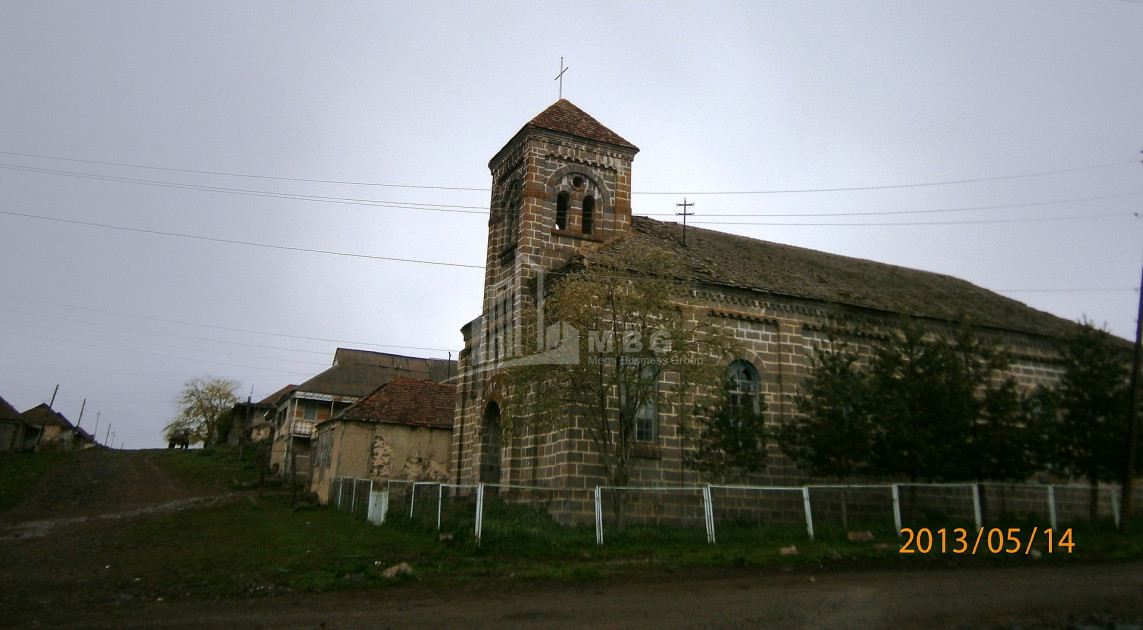
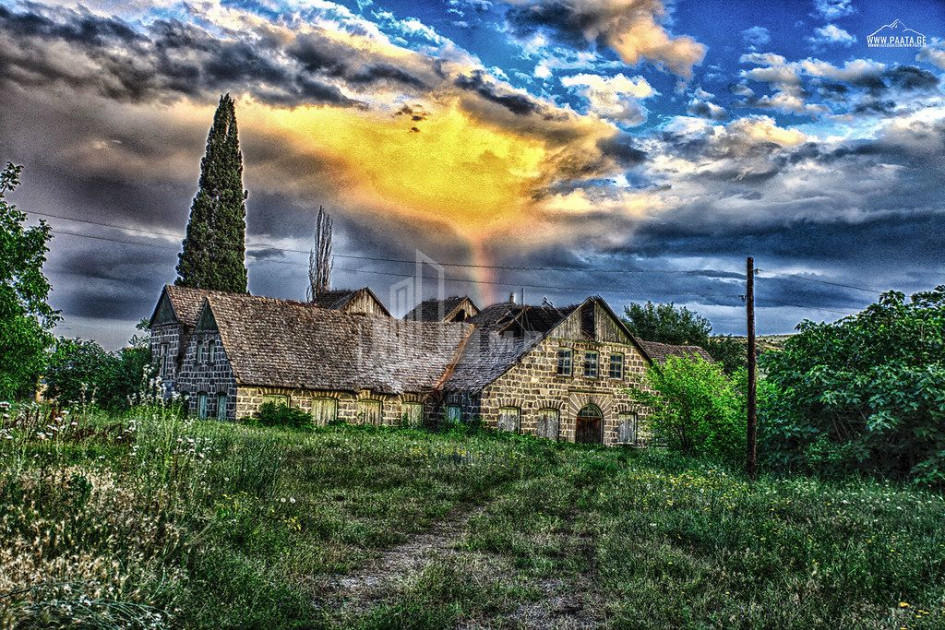
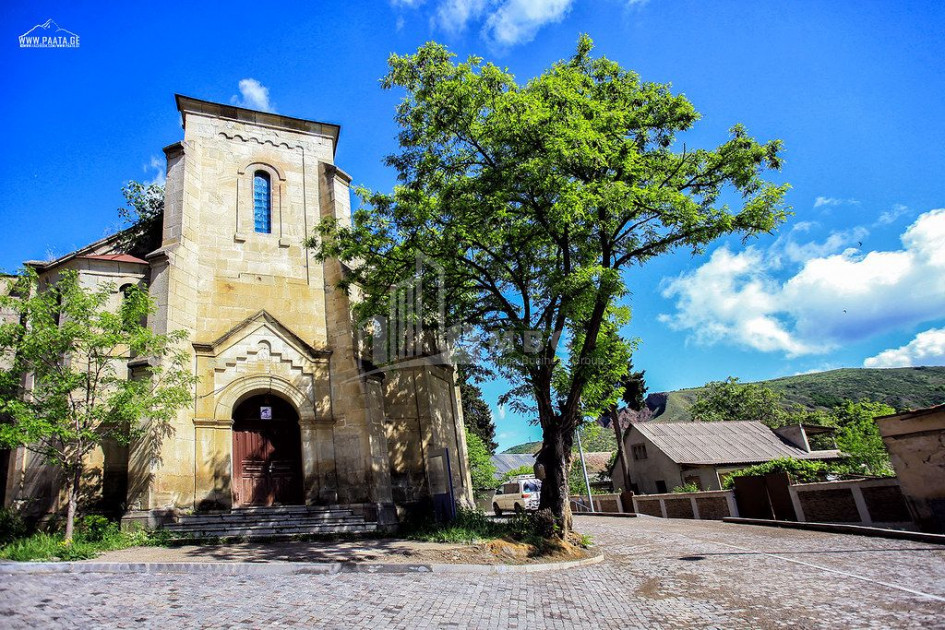
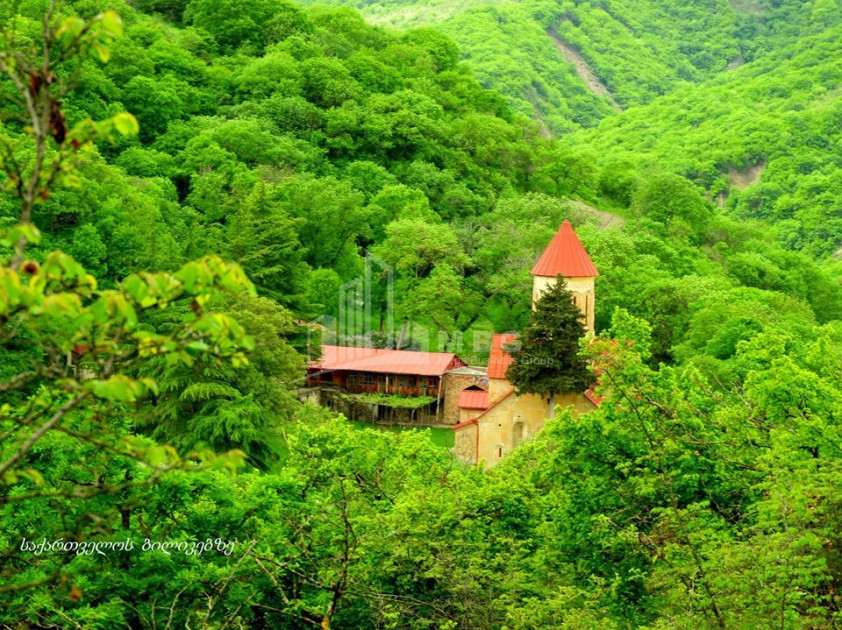
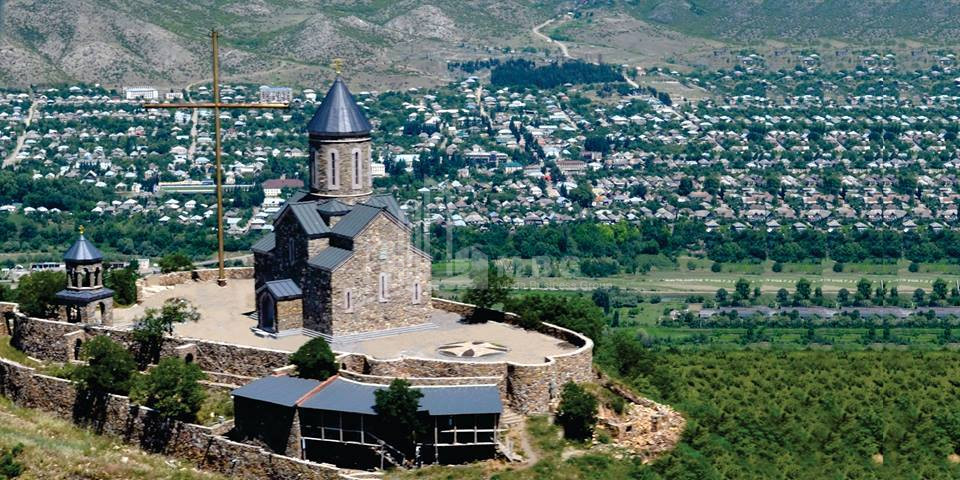
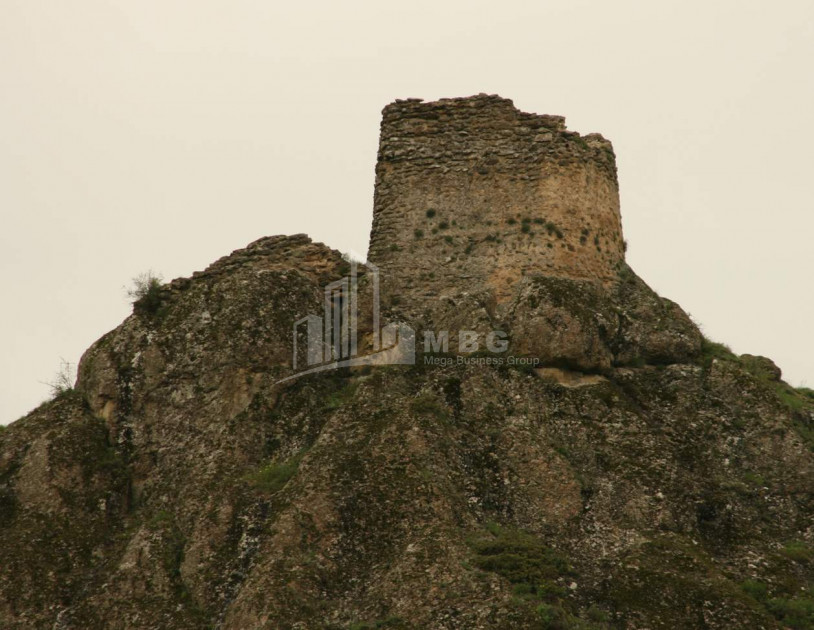
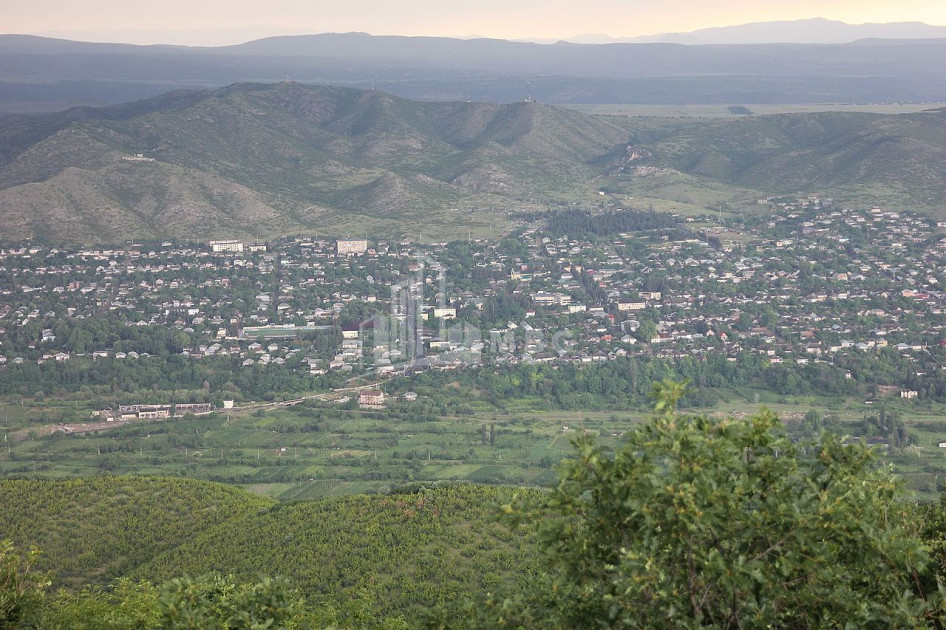
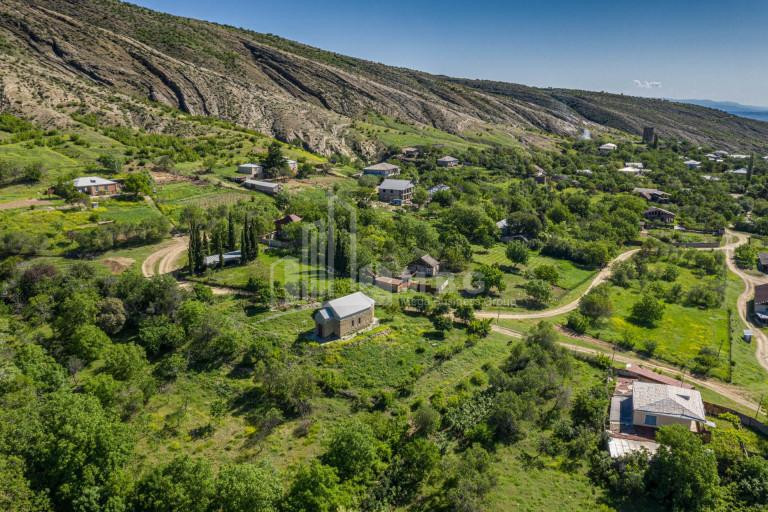
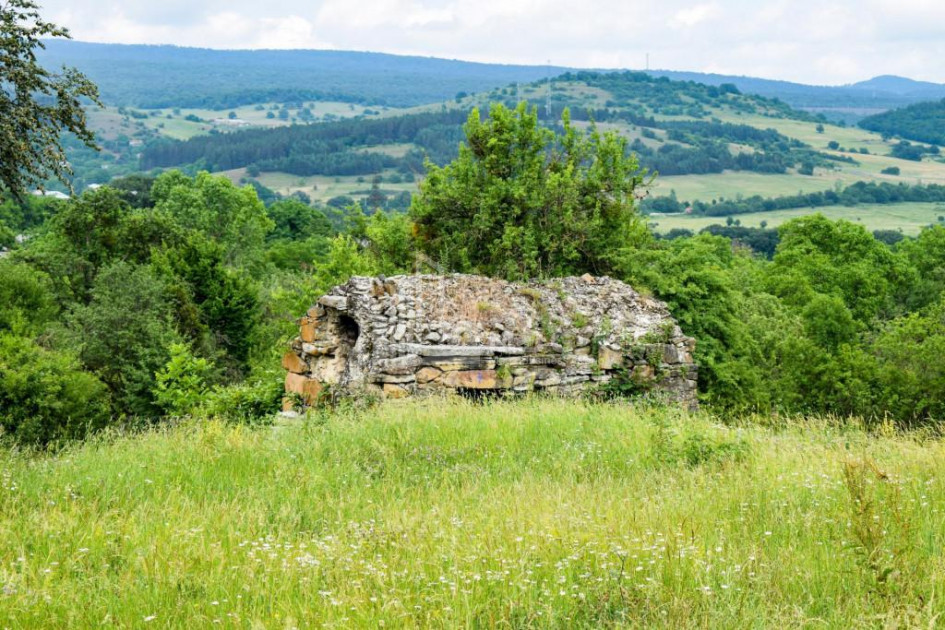
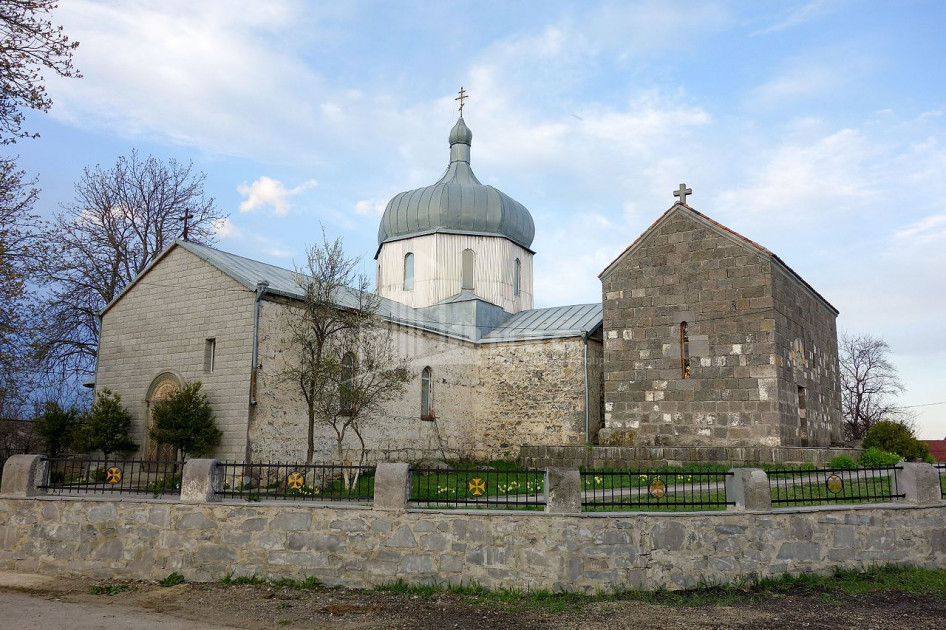
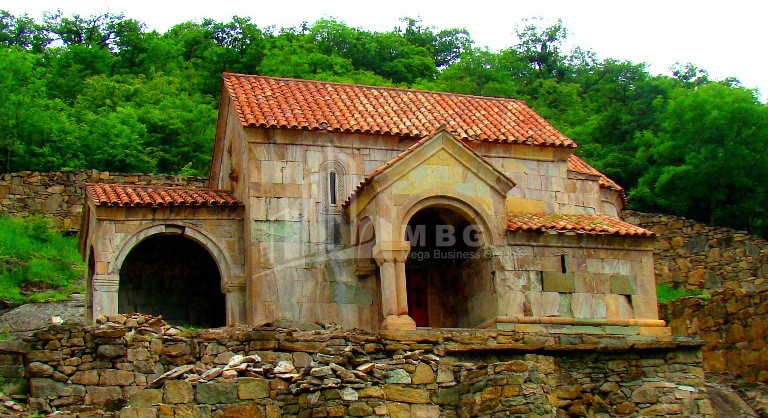


























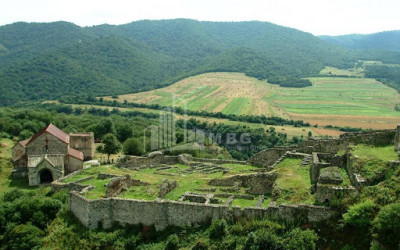
 24192
24192








 Village Shaumiani
Village Shaumiani




